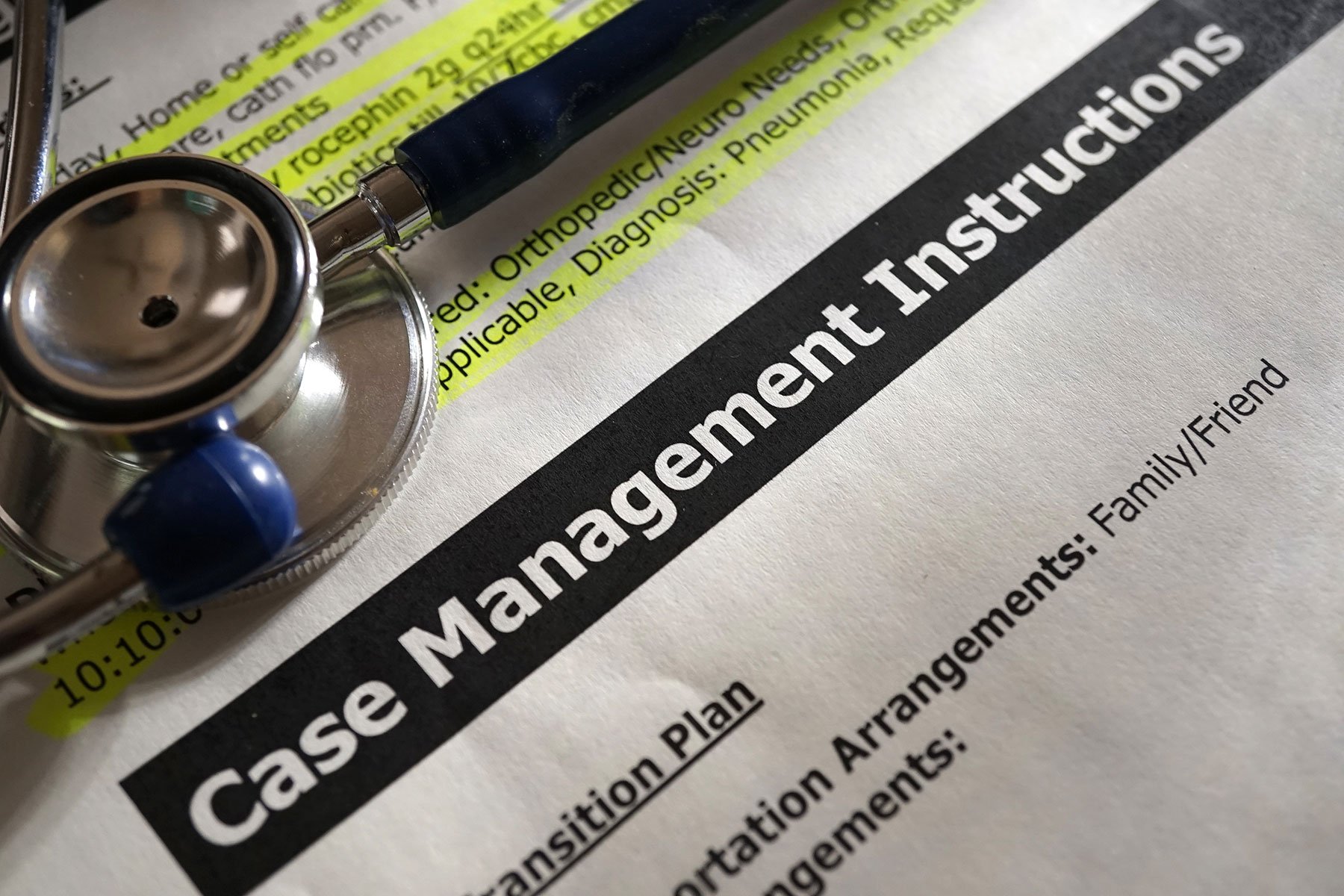Articles

As MCOs are transitioning coverage for their beneficiaries, it’s no surprise that children and families are being heavily impacted by the Medicaid unwinding. For the eleven states reporting age breakouts for Medicaid disenrollment, children account for approximately three in ten (30%), according to KFF (formerly known as Kaiser Family Foundation).
KFF finds that more than 5.3 million enrollees across all age groups have been disenrolled as of August 23; the research organization considers this number to be an undercount. In all, more than 15 million people are expected to lose Medicaid coverage during the redetermination process and more than 6 million individuals could end up without insurance coverage.
In California, as of June, there were more than 15.5 million Medicaid enrollees, according to the Department of Health Care Services; that's down from more than 15.7 million in January. Just shy of 200,000 individuals were disenrolled due to procedural reasons, which can occur when paperwork isn’t completed appropriately or when letters about disenrollment are mailed to old addresses. Individuals who lose coverage for procedural reasons can have their coverage reinstated as long as they provide updated information to regulators within 90 days.
Here are 4 additional findings about the loss of Medicaid coverage:
CMS has paused disenrollments in 12 states; this is intended to address issues related to procedural disenrollments, reports Healthcare Dive.
Loss of Medicaid coverage will have a significant impact on access to care for low-income individuals, in particular those with chronic conditions, reports STAT.
More than 100,000 Coloradans have lost Medicaid coverage; approximately half of these individuals lost coverage in June, reports CBS Colorado. Many lost coverage due to procedural reasons or because they don’t currently meet eligibility requirements.
When individuals call for help with the Medicaid redetermination process, they’re experiencing long hold times. For example, Montanans calling the state’s Medicaid helpline wait on hold for an average of 37 minutes, reports Montana Public Radio; that’s the third-longest wait time in the country. More than a third of calls to the helpline are abandoned, reports the media outlet.
What can MCOs do? MCOs that are tasked with outreach to enrollees to capture updated information and determine their Medicaid eligibility can automatically connect with individuals and support them in the renewal process.
EmpowerHealth can help.
Our technology helps support human capacity for health insurers. EmpowerHealth increases reach without increasing costs. What health insurers get in return: Personalized, conversational engagement with beneficiaries.
Contact us today to learn more.

Article originated from Becker's ASC Review.
The demand for ambulatory surgical centers (ASCs) is increasing. Case in point: ASCs recently got the nod from the Centers for Medicare & Medicaid Services in terms of a proposed 2.6% payment increase. In addition, payers are directing members to ASCs to maintain lower costs and higher efficiency and quality.
Gastroenterology is a highly represented specialty among ASCs, with 32% of all cases, according to a 2022 ASC benchmarking study. That’s followed by ophthalmology (26%), pain management (21%), and orthopedics (21%).
Pre-operative challenges
Clinical staff are spending far too many hours making calls to patients to ensure they’re ready for surgery—it's certainly not why they went to nursing school. In addition, this workflow is prohibitively expensive, especially when it’s a nurse making the phone calls. Automating outbound and inbound communications—and that can include phone calls or texting or chat—is a far better way to extend scarce resources.
Patients rely on the ASC for two main reasons: A first-class, high-quality clinical outcome and an authentic human interaction. Digital health platforms with intelligent, AI voice solutions that reach 100% of patients can help extend the ASC’s reach. That results in streamlined pre-operative contact with patients that automatically flags pre-procedure care gaps. Communications are data-driven, hassle-free, dynamic, and customizable to the practice, which means staff can minimize time spent on administrative duties and instead focus on clinical care.
ASCs can rely on Care Angel's AI voice tools to confirm appointments, remind the patient of important guidelines and instructions about restricting food, liquids, and medications before the procedure, in addition to lining up a ride home after the procedure. These efforts will help to reduce cancellations and delays and optimize practice efficiency.
Patients often feel scared and uncertain—and overwhelmed by the type or amount of preparation needed before the surgery and the post-surgery recovery. Angel can augment clinical staff by contacting patients at precisely the right time intervals to remind them about key steps in their care journey while checking in at just the right time during the post-operative period.
Early signs of adverse outcomes often present during the post-operative period. Angel helps by engaging via voice, text, or chat to check for signs of infection, such as elevated temperature, chills, sweats, and other symptoms indicating a problem. If there’s an issue, clinical staff is alerted and the patient can speak directly with a clinician—at the right time—avoiding complications.
Angel works not to replace, but rather act as an extension to the practice, increasing the clinical capacity of care managers by as much as 600X, for a fraction of the cost.
Intelligent care management at scale
“Since CMS recently increased the number of approved procedures to 3,500 for ASCs, there’s been a rapid expansion of surgery center volume,” said Nick Martin, chief information officer and EVP of product at Care Angel.
“Surgical practices and outpatient care services can utilize Angel to further optimize efficiency and serve more patients. From delivering pre-operative services to patient information to post-operative assessments, with actionable data as the driver, Angel will improve workflow and reduce burden on clinical staff, which means they can practice at the top of their licenses,” he added.
Within an ASC, practice leaders, surgeons, clinical leadership, and administrators are concerned about balancing business and operational efficiency, while reducing cost and boosting revenue. They’re also focused on increasing clinical capacity, improving care quality, and optimizing the patient journey.
With Angel, care plans, which include HIPAA-compliant patient validation and consent, can be customized for pre-operative and post-operative conversations that work with any ambulatory surgery procedure. Data and information collected can then be pushed to practice software or EHRs for real-time, actionable interventions when indicated.
What that means for practices: Fewer missed surgeries and more patient throughput, without straining existing clinical staff.
With Care Angel’s digital engagement services, ASCs can securely collect the right data, at the right time, and for the right reason. With access to the right information and resources, patients are well informed and educated about their health journey.